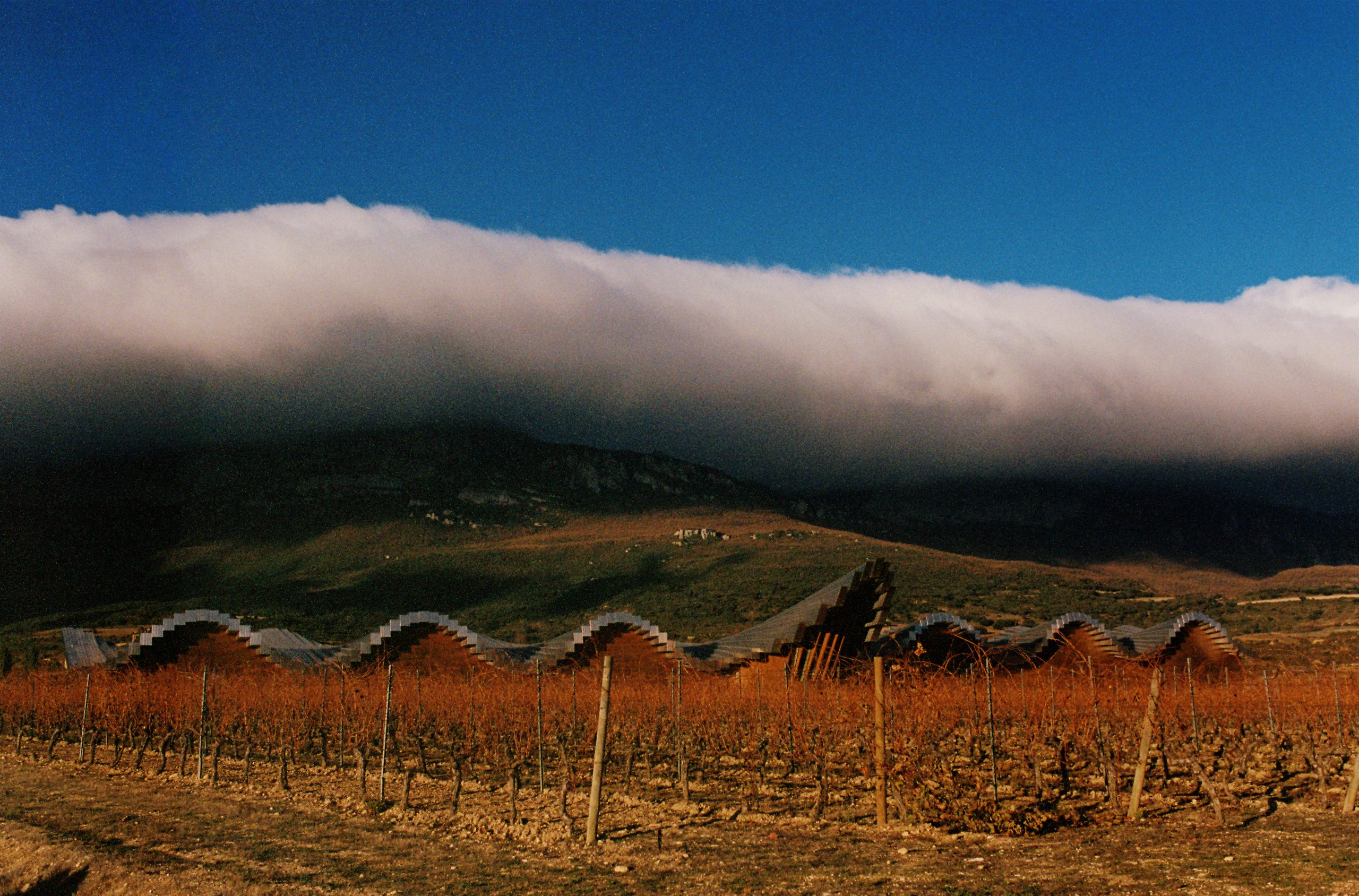Covid-19 creates ‘halters’ & ‘hedonists’ – what are you?
As the drinks industry looks towards a future without a coronavirus lockdown, Wine Intelligence identifies the consumer types the trade can count on, and those it has lost, as the researcher segments four responses to the pandemic.
While some UK wine drinkers will self-isolate even after the lockdowns end, others are planning on partying right away
No one has been shielded from the effects of Covid-19, but the behavioural reactions to the coronavirus have varied vastly, with some of the more fearful and pessimistic responses to the pandemic thought to last for some time, even after the likelihood of catching the disease diminishes.
This will mean that some wine drinkers who were once a valuable, outgoing part of the market could be lost as they choose to stay at home post-lockdown.
In other cases, however, there will be no change in behaviour, with consumers returning to past habits when the lockdowns come to an end, while a minority are planning on partying hard as soon as the lockdown is eased, possibly even harder than they did before the pandemic hit UK shores.
We’ve rounded up Wine Intelligence’s four post-lockdown consumer types – so discover which category you fall into. We also found out from the company’s co-founder Richard Halstead what the pandemic will mean for the wine trade in the near future.
With Wine Intelligence’s research focused on “how people are going to respond to the world that is coming into view”, Halstead has observed with particular interest a “radical” attitudinal spectrum among post-lockdown consumers that ranges from “people who are not happy about leaving the house” to those “who want to get on a plane immediately and dance in a nightclub in Ibiza.”
This has obvious implications for the drinks trade, above all wine sales in the hospitality sector, as it gives an indication of the consumers that bars, pubs, and restaurants can expect to see again, or not at all, as the coronavirus threat subsides.
In the words of Halstead, “Those who are willing to re-engage, and those who are not, will affect the economics of the hospitality industry for some time.”
Following an extensive piece of consumer research, Wine Intelligence has segmented UK respondents into four types, from ‘halters’ to ‘hedonists’, and the exact nature of these consumer types can be seen below.
In terms of the “bad news” for the drinks industry – based on the proportion of people who fall into the first two consumer types, dubbed ‘halters’ and ‘reducers’ – Halstead says that “nearly 30% of people are going to be cutting back on going out, whether that is drinking or other leisure activities generally.”
Obviously, this will effect the hospitality sector, and “concerning” for Halstead is the fact that the 18% classified as ‘halters’ were “important for the wine category and have massively reduced what they were doing, and worryingly have told us that they are not going to do these things again once they are permitted – they are going to close the door on the social and leisure activities that were a part of their lives.”
Such a consumer type he said can be found among “millennials, and generation X, and they are quite London centric,” he added.
As for the “good news”, 16% of the wine drinkers surveyed, classed as “hedonists”, will be “first through the door when something opens”, said Halstead, adding, “They are probably already throwing parties and don’t see the pandemic as a problem, and this group is strongly represented by 25-34 year olds – millennials.”
However, the group “that interests me the most”, said Halstead, representing 56% of wine drinkers surveyed, or around 15 million of the 28m wine drinkers in the UK, “will go back to what they were doing before”.
He explained, “There may not have been down the pub every Friday night, but they were going to pubs and restaurants on a regular basis, and they don’t intend to change their habits.”
He described this group as “middle-aged wine drinkers” who are “the bedrock of restaurants’ customer base”, and “regular customers of wine shops”, with a “regular purchase pattern”.
Because such people are “habitual in outlook”, they will “go back to what they did before when it is permitted,” added Halstead, before reminding db that the drinks trade is lucky to have this reliable base of consumers – other sectors, such as the betting industry, he said “are seeing huge losses, as much as 60%; the changes have been big.”
In contrast, “Drinks haven’t seen huge falls, and the rise in sales in the off-premise more or less corresponds to the volume that was going through the on-premise,” he said.
“So what I can see now is that there are people who are drinking more – the hedonists – then there are some who are drinking a bit less or a lot less, but the biggest chunk [of wine drinkers] are saying that they are carrying on as normal,” he summed up.
Click here if you would like to order the report in full and see below for the four consumer types, which includes a majority who are not changing their ways, and a small proportion who are ‘living for now’.
Partner Content
And, as you look through the categories, find out which type you most closely identify with.
Halters
- Represents 18% of all regular UK wine drinkers.
- Anticipate almost ceasing all social and lifestyle activities.
Wine relationship: Regular drinkers who are higher spenders on wine
Demographics: Broad mix, slight bias to 25-54 (particularly Millennials + Gen X) London-centric
Pre-lockdown behaviours: Planned socialisers, most likely to go to restaurants, gym classes, participate in team sports; above average attenders of theatre, cinema
Post-lockdown lifestyle patterns: Anticipate near halt in all social and lifestyle activities, Dramatic reduction in their usual planned activities (restaurant, gym)
Reducers
- Represents 10% of all regular UK wine drinkers.
- Will significantly curtail their lifestyles and social lives post lockdown.
Wine relationship: Enjoy wine particularly in social settings; purchase lower priced wines + less wine engaged
Demographics: Youngest segment (particularly Gen Z). lower per capita income
Pre-lockdown behaviours: Highly sociable, most likely segment to go to events, festivals, parties; also more inclined to holiday abroad
Post-lockdown lifestyle patterns: Will significantly reduce social lives post-lockdown; dramatic fall in parties and going to restaurants, along with festivals and other events
Moderaters
- Represents 56% of all regular UK wine drinkers.
- Few lifestyle changes anticipated post-lockdown.
Wine relationship: Most frequent wine drinkers as habitual part of lifestyle rather than strong engagement
Demographics: Mid-older aged (particularly Boomers + Seniors)
Pre-lockdown behaviours: Generally less sociable to begin with, unlikely to be found at events and festivals, but will go to pubs and restaurants
Post-lockdown lifestyle patterns: Expecting return to pre-existing behaviours; will go to bars and restaurants. More likely to go on holiday in the UK
Hedonists
- Represents 16% of all regular UK wine drinkers.
- Anticipate increasing social & lifestyle activities post lockdown.
Wine relationship: Regular wine drinkers who find wine a pleasurable part of their lives
Demographics: Mix of ages but strong representation in 25-34s (younger Millennials)
Pre-lockdown behaviours: Dedicated hedonists, most likely of all groups to go to pubs and bars regularly, along with parties and sporting events
Post-lockdown lifestyle patterns: More social & lifestyle activities anticipated post-lockdown than pre-pandemic. Increase in holidays, bar and restaurant use




